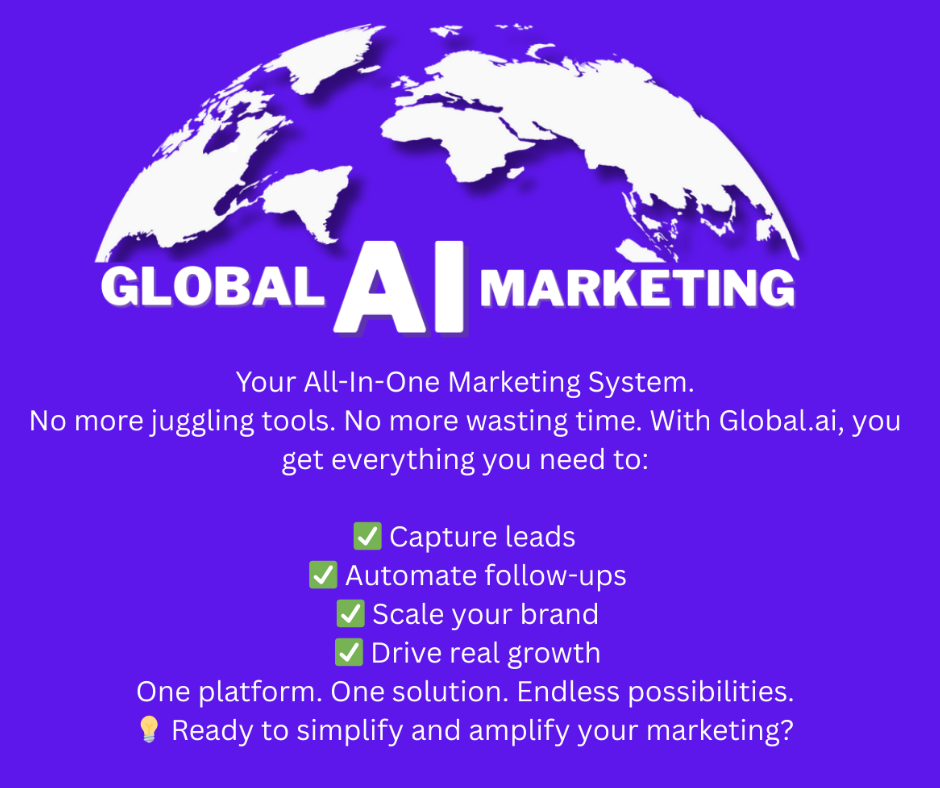Unlock Business Growth: Transform Debt with Low-Credit Financing Solutions
Obtaining a credit card or line of credit to transfer personal debts to a business account with a low credit score can be challenging, but there are several strategies you can employ to improve your chances:
1. Explore Business Credit Cards for Bad Credit
Some financial institutions offer business credit cards specifically designed for those with less-than-perfect credit. These cards might have higher interest rates or lower credit limits, but they can help you start building business credit.
Examples:
- Capital One Spark Classic for Business
- Wells Fargo Business Secured Credit Card
2. Secured Business Credit Cards
Secured business credit cards require a cash deposit as collateral. Your credit limit typically matches your deposit amount, making it less risky for the lender.
3. Business Credit Builder Loans
Some lenders offer business credit builder loans, which are specifically designed to help businesses establish or improve their credit profiles. These loans often report to business credit bureaus.
4. Work with a Credit Union
Credit unions often have more flexible lending criteria than traditional banks and may be more willing to work with businesses with lower credit scores.
5. Establish Trade Credit
Work with your suppliers to establish trade credit accounts. These accounts can help build your business credit profile over time.
6. Leverage Personal Relationships
If you have strong personal relationships with bankers or investors, you might be able to secure a loan or line of credit based on your personal guarantee, even with a low credit score.
7. Improve Your Personal Credit Score
While it might not be a fast solution, improving your personal credit score can significantly enhance your ability to secure business credit. Paying down existing debts, disputing inaccuracies on your credit report, and avoiding new debt can all help improve your score.
8. Use a Co-Signer or Guarantor
If you have someone with a strong credit profile willing to co-sign the credit application, this can improve your chances of approval.
9. Apply for a Business Line of Credit
Some lenders offer business lines of credit that cater to businesses with less-than-perfect credit. These lines of credit might come with higher interest rates, but they can provide the funding you need to transfer your personal debts to your business.
10. Build a Strong Business Plan
A well-documented business plan can sometimes compensate for a low credit score. It shows lenders that you have a clear path to profitability and repayment.
Steps to Overcome the Challenge:
1. Assess Your Current Financial Situation:
- Review your credit report for errors and dispute any inaccuracies.
- Create a detailed list of your current debts and their interest rates.
2. Develop a Strategy to Improve Your Credit Score:
- Pay down existing debts, especially those with high interest rates.
- Avoid applying for new credit, which can result in hard inquiries on your credit report.
- Make all payments on time.
3. Prepare Your Business Financials:
- Ensure your business has a separate bank account and maintains proper financial records.
- Keep your business and personal finances separate to clearly show your business's financial health.
4. Research and Compare Lenders:
- Look for lenders who specialize in working with businesses with lower credit scores.
- Compare interest rates, fees, and terms to find the best fit for your needs.
5. Seek Professional Advice:
- Consider consulting with a financial advisor or credit counselor who can provide personalized guidance based on your situation.
By carefully exploring your options and taking steps to improve your credit, you can increase your chances of obtaining the funding needed to transfer your personal debts to your business.





